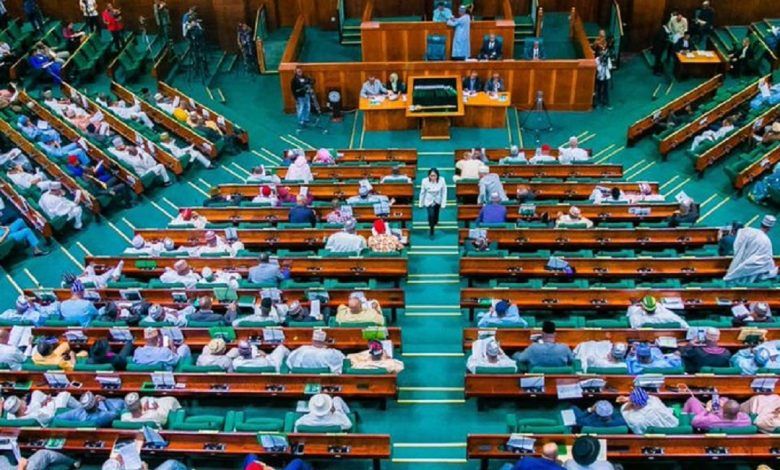
In a bold move aimed at revitalizing Nigeria’s democratic process, the House of Representatives has advanced a bill seeking to amend the Electoral Act 2022 to make voting compulsory for all eligible citizens.
The proposed legislation, co-sponsored by Speaker of the House Tajudeen Abbas and Rep. Daniel Ago, successfully passed its second reading during Thursday’s plenary session.
Presenting the bill, Rep. Ago argued that mandatory voting would significantly boost civic participation and combat the persistent issue of voter apathy that has marred previous election cycles in Nigeria. According to him, many Nigerians eligible to vote opt out of the process, resulting in diminished public legitimacy of elected officials and weakened democratic outcomes.
“This bill seeks to instill a stronger sense of civic responsibility and ensure that every eligible Nigerian plays an active role in shaping the nation’s leadership,” Ago stated. He emphasized that the success of any democracy rests on the active engagement of its citizens, and making voting a civic obligation—much like taxation—could be a game-changer in strengthening Nigeria’s democratic culture.
However, the proposal did not go unchallenged.
Rep. Mark Esset of the Peoples Democratic Party (PDP), representing Akwa Ibom State, raised a critical point, cautioning that compulsory voting without comprehensive electoral reforms could be futile. He argued that the root causes of voter apathy—especially the perceived lack of credibility in election outcomes—must be addressed in parallel.
“We cannot place something on nothing,” Esset said. “If citizens no longer trust the electoral system or believe that their votes will not count, then forcing them to vote changes nothing. Before mandating participation, we must first restore integrity to the system.”
Nigeria has long grappled with low voter turnout. In the 2023 general elections, for instance, only about 27% of registered voters cast their ballots—a figure that alarmed stakeholders and democracy advocates. Many analysts cite factors such as electoral violence, rigging, logistical failures, and general disillusionment with political leadership as contributors to the disengagement.
Countries like Australia, Belgium, and Brazil have implemented compulsory voting laws with varying degrees of success, often coupled with penalties for non-compliance and strong institutional safeguards to ensure electoral credibility. Nigeria’s move in this direction would mark a historic shift and place greater responsibility on citizens, but it also raises questions about enforcement, public trust, and freedom of political choice.
As the bill progresses through the legislative process, lawmakers are expected to engage in deeper consultations with electoral bodies, civil society, and constitutional experts to determine the feasibility, legal framework, and potential penalties or incentives tied to compulsory voting.
Political observers say the success of such a bill would also require reforms within the Independent National Electoral Commission (INEC), including transparent vote collation, deployment of secure voting technology, and aggressive voter education.
Should the legislation be enacted, Nigeria would join a small but notable list of countries globally that require citizens to vote—a controversial but potentially transformative step in the country’s democratic evolution.





